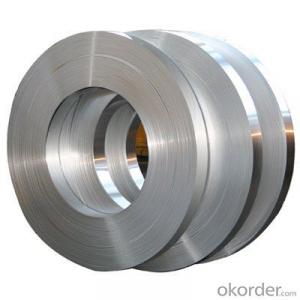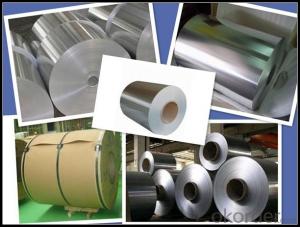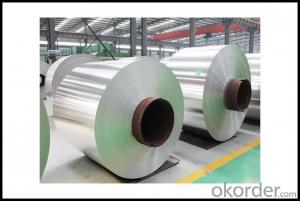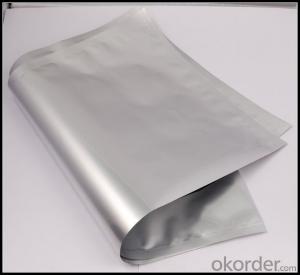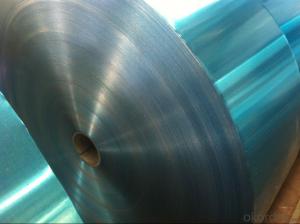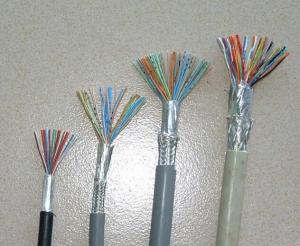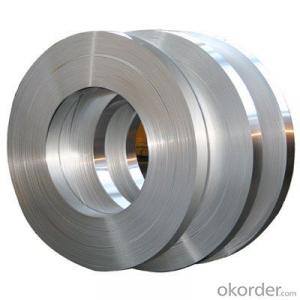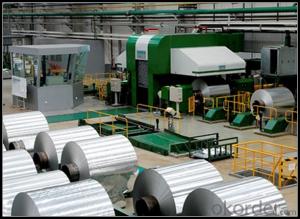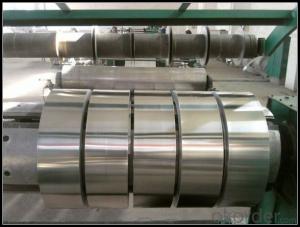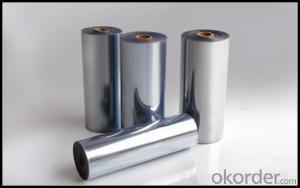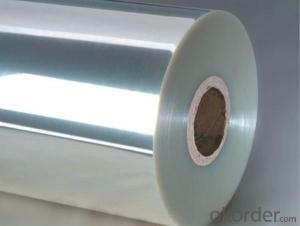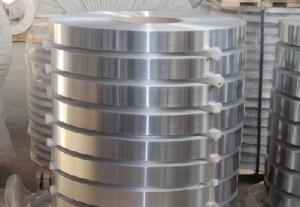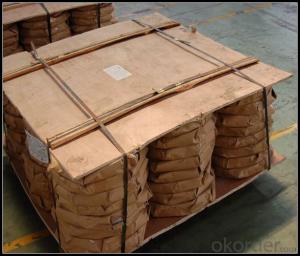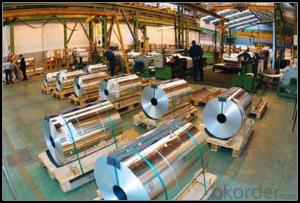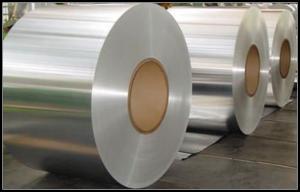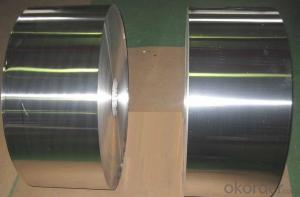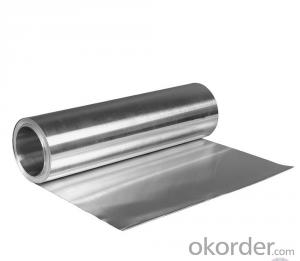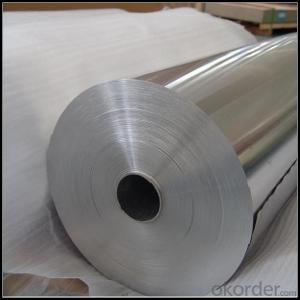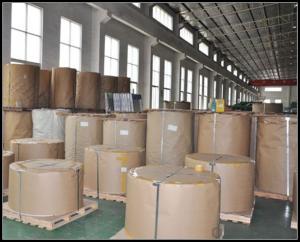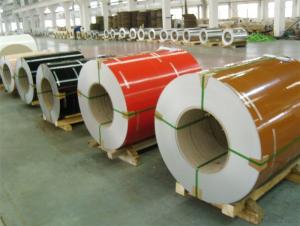All Categories
- - Steel Wire Rod
- - Steel Coils
- - Steel Profiles
- - Steel Pipes
- - Stainless Steel
- - Tinplate
- - Special Steel
- - Steel Sheets
- - Steel Rebars
- - Steel Strips
- - Hot Rolled Steel
- - Cold Rolled Steel
- - Pre-painted Steel
- - Seamless Steel Pipe
- - Welded Steel Pipe
- - Hollow Steel Tubes
- - Galvanized Pipe
- - Stainless Steel Coil
- - Stainless Steel Sheet
- - Stainless Steel Plate
- - Stainless Steel Strips
- - Electrolytic Tinplate Coil
- - Electrolytic Tinplate Sheet
- - Stainless Steel Rebars
- - Solar Panels
- - Solar Water Heater
- - Solar Related Products
- - Solar Inverter
- - Solar Cells
- - Solar Light
- - Solar Energy Systems
- - Solar Controllers
- - Solar Mounting System
- - Solar Pump
- - Solar Chargers
- - Fiberglass Chopped Strand
- - Fiberglass Mesh Cloth
- - Composite Pipes
- - FRP Pultrusion Profiles
- - Fiberglass Mat Tissue
- - Fiberglass Fabrics
- - Fiberglass Mesh
- - Composite Tank
- - Fiberglass Mesh tape
- - Polymer
- - FRP Roofing Panel
- - Fiberglass Roving
- - Monolithic Refractories
- - Ceramic Fiber Products
- - Refractory Bricks
- - Raw Materials For Refractory
- - Suspended Platform
- - Cranes
- - Concrete Machinery
- - Earthmoving Machinery
- - Building Hoist
- - Road Building Machinery
- - Plastic Pipe Fittings
- - Plastic Tubes
- - Plastic Sheets
- - Agricultural Plastic Products
- - Plastic Nets
 All Categories
All Categories
Q & A
What is the tensile modulus of aluminum strips, and how does it influence their use in structural and mechanical applications?
The tensile modulus of aluminum strips refers to the measure of their stiffness or resistance to deformation under tensile stress. It quantifies how the material responds to being pulled apart. Aluminum has a relatively high tensile modulus, making it a strong and stiff material.
This property of aluminum strips makes them suitable for various structural and mechanical applications. The high tensile modulus allows them to withstand heavy loads and resist bending or sagging, making them ideal for use in building frames, aircraft structures, automotive components, and other load-bearing applications.
Additionally, the high tensile modulus of aluminum strips ensures dimensional stability, meaning they retain their shape and remain unaffected by external forces. This makes them reliable for precise engineering purposes such as machine parts, where accuracy and consistency are crucial.
In summary, the tensile modulus of aluminum strips plays a significant role in determining their suitability for structural and mechanical applications. Its high value contributes to the strength, stiffness, and dimensional stability of the material, ensuring its effectiveness and reliability in various industries.
How are aluminum strips employed in the construction of eco-friendly rail and transit systems?
Aluminum strips are commonly used in the construction of eco-friendly rail and transit systems due to their lightweight yet durable nature. These strips are often incorporated into the design of various components such as doors, windows, and interior panels, helping to reduce the overall weight of the train or transit vehicle. This weight reduction contributes to energy efficiency and lower fuel consumption, making the system more environmentally friendly. Additionally, aluminum's corrosion resistance properties ensure longevity and reduce the need for frequent maintenance, further enhancing the sustainability of these rail and transit systems.
Are there any limitations to the formability of aluminum strips?
Yes, there are some limitations to the formability of aluminum strips. Aluminum strips can be easily formed into various shapes and sizes due to their inherent ductility and malleability. However, there are certain factors that can limit their formability. The thickness and alloy composition of the aluminum strip can affect its ability to be formed without cracking or tearing. Additionally, the forming process, such as bending or deep drawing, can also impose limitations on the formability of aluminum strips.
Wholesale Aluminum Strips from supplier in Iran
Our team of experts is well-equipped to assist you in finding the perfect Aluminum Strips products for your specific needs. Whether you require Aluminum Strips for construction, automotive, electrical, or any other industry, we have a wide range of options available.
In addition to our extensive product range, we also offer top-notch sales and quotation services. Our team will work closely with you to understand your requirements and provide accurate and competitive pricing for your Aluminum Strips needs.
Furthermore, we understand the importance of technical support in ensuring the successful implementation of your projects. Our dedicated technical support team is available to assist you with any queries or issues you may have, providing valuable insights and expertise to ensure the smooth operation of your Aluminum Strips products.
As a subsidiary platform under CNBM, a Fortune Global 500 company, we have the backing and resources to provide comprehensive procurement services for Aluminum Strips in Iran. You can trust in our reliability, professionalism, and commitment to delivering high-quality products and services.
Contact us today to discuss your Aluminum Strips requirements and let us assist you in finding the best solutions for your projects in Iran.
In addition to our extensive product range, we also offer top-notch sales and quotation services. Our team will work closely with you to understand your requirements and provide accurate and competitive pricing for your Aluminum Strips needs.
Furthermore, we understand the importance of technical support in ensuring the successful implementation of your projects. Our dedicated technical support team is available to assist you with any queries or issues you may have, providing valuable insights and expertise to ensure the smooth operation of your Aluminum Strips products.
As a subsidiary platform under CNBM, a Fortune Global 500 company, we have the backing and resources to provide comprehensive procurement services for Aluminum Strips in Iran. You can trust in our reliability, professionalism, and commitment to delivering high-quality products and services.
Contact us today to discuss your Aluminum Strips requirements and let us assist you in finding the best solutions for your projects in Iran.
